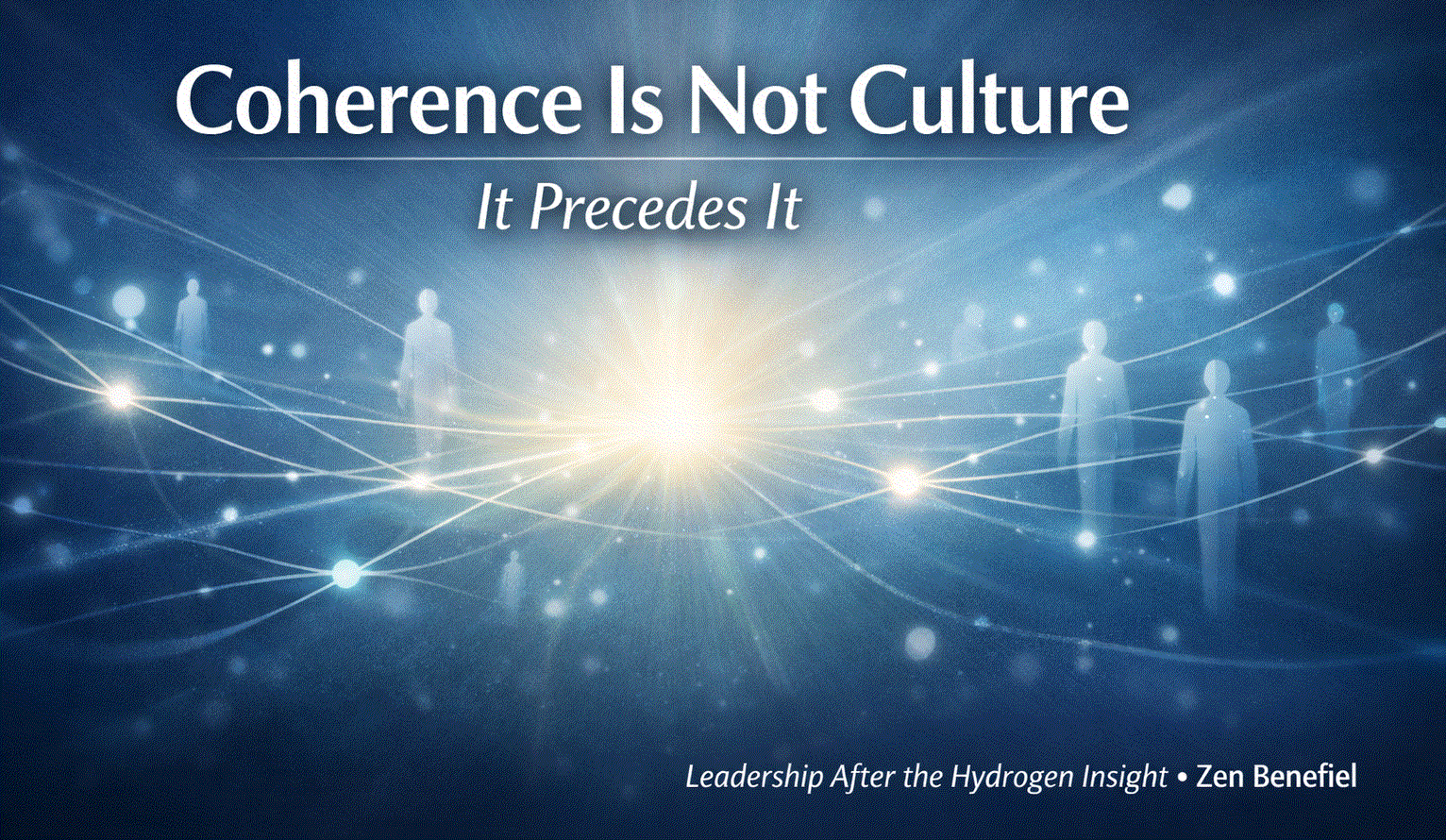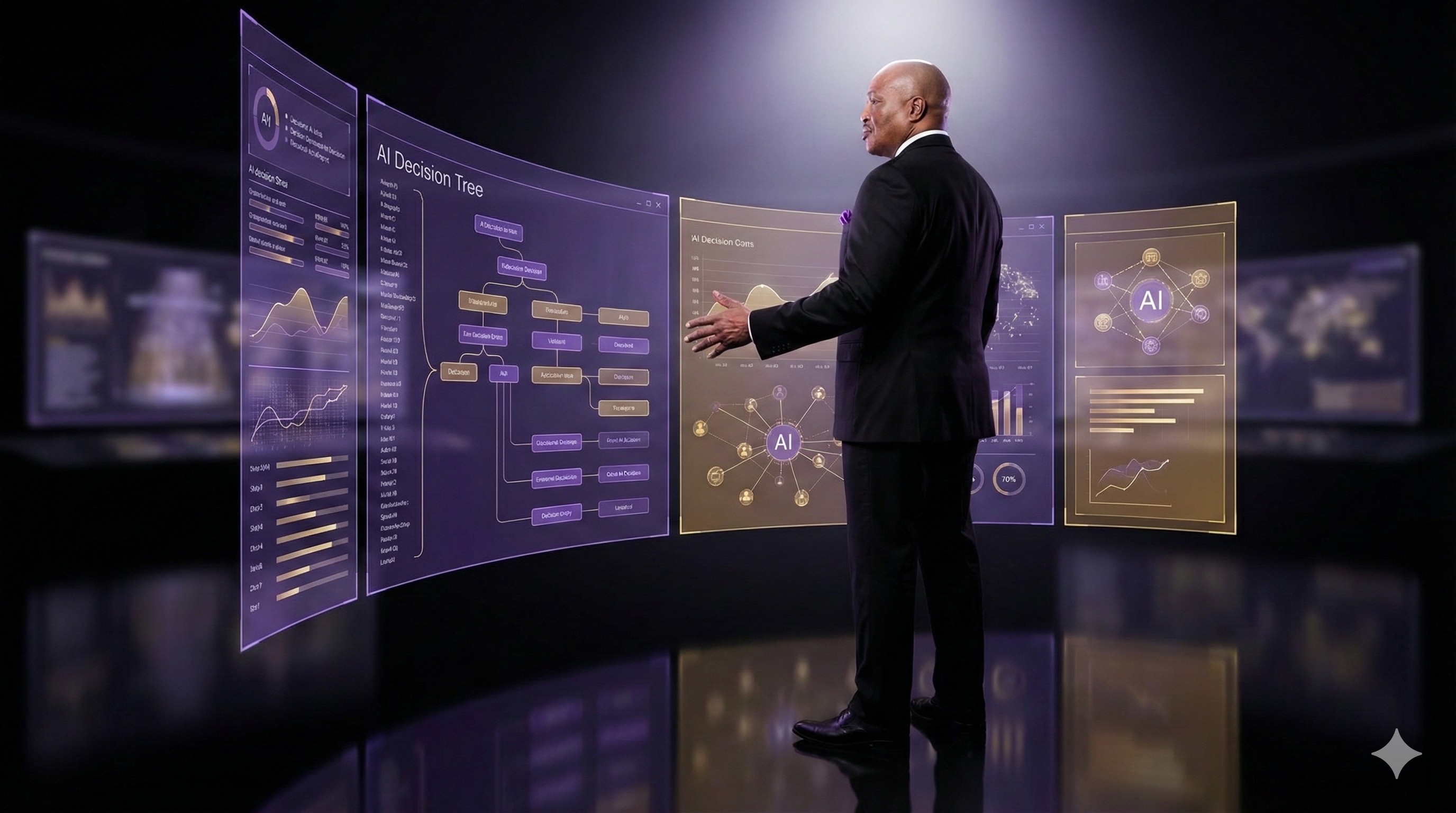Sep19

The Role of Customer Feedback and Data Analytics in Loyalty Programs
Customer feedback and data analytics are crucial in refining loyalty programs, serving as the "senses" that gather and interpret information. Customer feedback provides direct insights into customer sentiments, preferences, and experiences, helping identify issues and areas for improvement. By actively listening to customers, businesses can tailor their loyalty programs to meet specific needs, such as offering personalized rewards over generic ones. This customization increases customer satisfaction and retention.
Data analytics offers a quantitative view of consumer behaviour, allowing businesses to segment their customer base, track spending patterns, and measure engagement levels. This data helps identify high-value customers and create targeted campaigns that maximize the impact of loyalty programs. Predictive analytics can forecast future behaviours, enabling proactive strategy adjustments to stay ahead of customer expectations.
Combining customer feedback with data analytics provides a comprehensive understanding of customer motivations and actions. Feedback reveals why customers behave a certain way, while analytics shows what they are doing and how. This holistic approach helps design loyalty programs that are both data-driven and empathetic, ensuring they remain relevant and valuable to both customers and the business.
Enhancing Loyalty Programs through Omnichannel Strategies
Omnichannel strategies significantly enhance the effectiveness of loyalty programs by creating a seamless, integrated customer experience across various touchpoints. Consistency across online, in-store, and mobile interactions strengthens brand loyalty, as customers expect the same level of service and rewards regardless of how they engage.
Omnichannel approaches also enable personalized interactions by collecting data from multiple channels, allowing businesses to tailor rewards and communications to individual customer preferences. Real-time engagement is another benefit, where customers can instantly redeem offers received via email through an app or at a physical store, enhancing the overall customer experience.
Furthermore, omnichannel strategies increase convenience by offering multiple engagement options, making it easier for customers to participate in loyalty programs and earn rewards. They also help businesses track and measure program success more accurately, allowing continuous refinement and improvement.
Adapting Loyalty Programs for Millennials and Gen Z
Loyalty programs are evolving to meet the expectations of millennials and Gen Z, who value tech-savviness, personalized experiences, and brands that align with their values. Digital integration is key, with many programs now accessible through mobile apps, providing seamless, user-friendly experiences. Personalization is another focus, leveraging data analytics to offer tailored rewards and recommendations based on individual preferences.
Social and environmental responsibility is crucial for these generations, leading loyalty programs to include options for donating points to charitable causes or offering eco-friendly rewards. Gamification, through elements like challenges and leaderboards, adds an interactive and fun dimension to loyalty programs, increasing engagement.
Instant gratification is important for millennials and Gen Z, prompting loyalty programs to offer immediate rewards and benefits, such as instant discounts or exclusive event access, keeping members continuously engaged and motivated.
Maintaining Consumer Loyalty in a Competitive Market
In a market characterized by changing fashion trends and consumer preferences, brands must be agile and innovative to maintain consumer loyalty. Staying ahead of trends through market research, social media monitoring, and influencer collaborations is essential. Personalization, achieved through data analytics, helps brands offer tailored recommendations and customized shopping experiences.
Quality and consistency in products build trust and reliability, encouraging customer loyalty. Engaging with customers through social media, events, and loyalty programs fosters a sense of community and belonging. Exclusive benefits, such as access to new collections or special discounts, make customers feel valued and incentivize repeat purchases.
Sustainability and ethical practices are increasingly important, with many consumers preferring brands that commit to environmental and social responsibility. Aligning with these values helps build stronger customer loyalty.
Keywords: Business Strategy, CRM, Customer Loyalty
 Coherence Is Not Culture — It Precedes It
Coherence Is Not Culture — It Precedes It Death of the Data Silo
Death of the Data Silo Capital Follows Electrons: How Electrification Is Driving Growth
Capital Follows Electrons: How Electrification Is Driving Growth Execution Is Cheap Now. Experience Is Everything. The BRAVE Upgrade for the Agentic AI Era
Execution Is Cheap Now. Experience Is Everything. The BRAVE Upgrade for the Agentic AI Era The 12 Best Countries for Retirees – Affordability & Taxation
The 12 Best Countries for Retirees – Affordability & Taxation